A Burglar of the Better Sort
€9.95 – €24.99
Author: Tytus Czyżewski
Translator: Charles S. Kraszewski
A Burglar of the Better Sort offers, in the English translation of Charles S. Kraszewski, the entirety of Czyżewski’s surviving literary output, from surrealistic plays like Donkey and Sun in Metamorphosis and his inimitable “formistic poems” through the playful Christmas “pastorals” — which so delighted Czesław Miłosz — to his theoretical writings, which form the basis for his radically individual, shamanistic approach to literary creation. A truly global talent, Czyżewski belongs to the world, a world which, beyond Poland, finally has the opportunity to get to know him.
The history of Poland, since the eighteenth century, has been marked by an almost unending struggle for survival. From 1795 through 1945, she was partitioned four times by her stronger neighbours, most of whom were intent on suppressing if not eradicating Polish culture. It is not surprising, then, that much of the great literature written in modern Poland has been politically and patriotically engaged. Yet there is a second current as well, that of authors devoted above all to the craft of literary expression, creating “art for art’s sake,” and not as a didactic national service. Such a poet is Tytus Czyżewski, one of the chief, and most interesting, literary figures of the twentieth century. Growing to maturity in the benign Austrian partition of Poland, and creating most of his works in the twenty-year window of authentic Polish independence stretching between the two world wars, Czyżewski is an avant-garde poet, dramatist and painter who popularised the new approach to poetry established in France by Guillaume Apollinaire, and was to exert a marked influence on such multi-faceted artists as Tadeusz Kantor.
A Burglar of the Better Sort offers, in the English translation of Charles S. Kraszewski, the entirety of Czyżewski’s surviving literary output, from surrealistic plays like Donkey and Sun in Metamorphosis and his inimitable “formistic poems” through the playful Christmas “pastorals” — which so delighted Czesław Miłosz — to his theoretical writings, which form the basis for his radically individual, shamanistic approach to literary creation. A truly global talent, Czyżewski belongs to the world, a world which, beyond Poland, finally has the opportunity to get to know him.

[real3dflipbook id=’37’]
| Dimensions | N/A |
|---|---|
| Author | Tytus Czyżewski |
| Pages | 314 pages |
| Book Format | Hardcover, Paperback, EPUB, Kindle, PDF |
| Publication date | 29th November 2019 |
Translator
Charles S. Kraszewski (b. 1962) is a poet and translator. He is the author of three volumes of original verse (Diet of Nails; Beast; Chanameed). Several of his translations of Polish and Czech literature have been published by Glagoslav, among which may be found: Adam Mickiewicz’s Forefathers’ Eve (2016) and Sonnets (2018), Zygmunt Krasiński’s Dramatic Works (2018) and Stanisław Wyspiański’s Acropolis: the Wawel Plays (2017). His translations of the poetry of T.S. Eliot, Robinson Jeffers, and Lawrence Ferlinghetti into Polish have appeared in the Wrocław monthly Odra. He is a member of the Union of Polish Writers Abroad (London) and of the Association of Polish Writers (Kraków).
Endorsements and Review Quotes
“The plays, short but vigorous and witty, large parts of them in verse, are translated with equal humour, energy and poetry.” Kate Pursglove, East-West Review
“A Burglar of the Better Sort will be most valuable to readers who approach this writer just as comparatively, probing the ways his work reflects broad, and broadly international, influences, from Cubist painting to industrial schematics. Kraszewski’s clear, accessible glosses finally make such comparisons possible with Czyżewski.” Benjamin Paloff, Slavic Review
Only logged in customers who have purchased this product may leave a review.
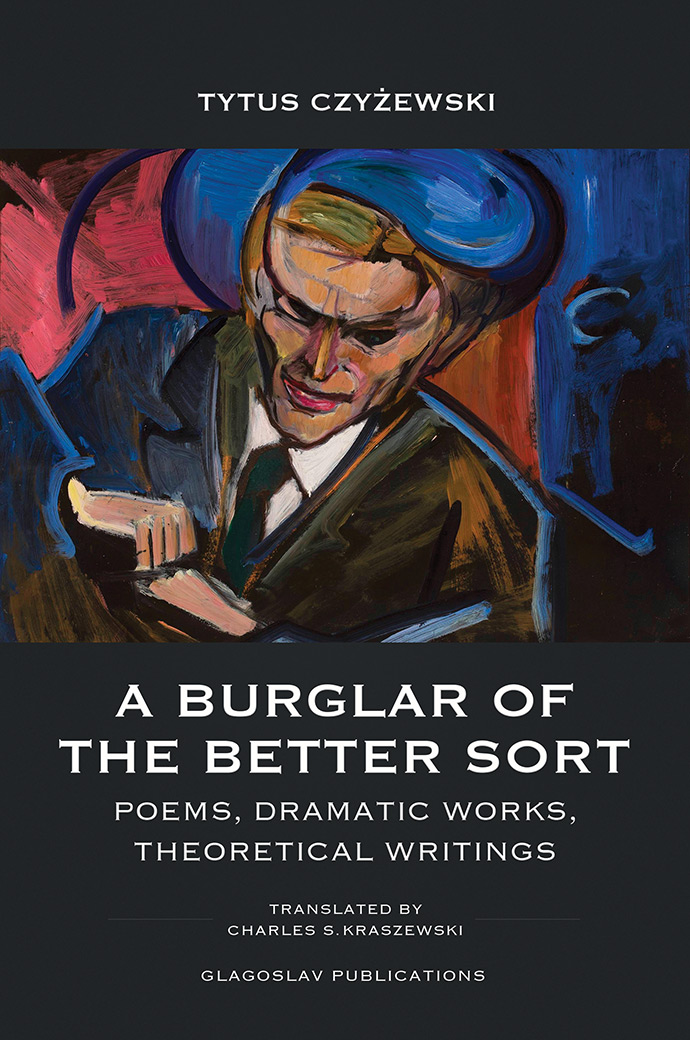
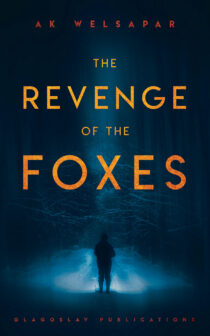
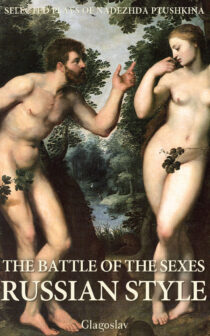
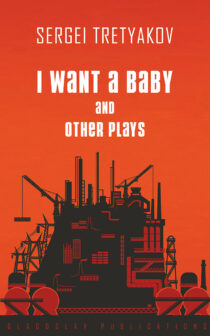
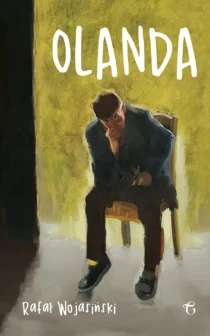
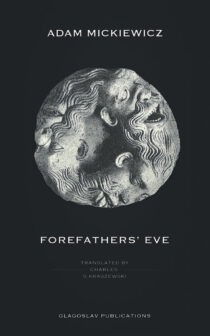
Reviews
There are no reviews yet.